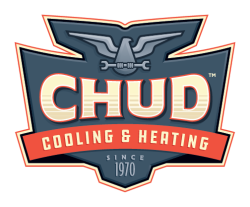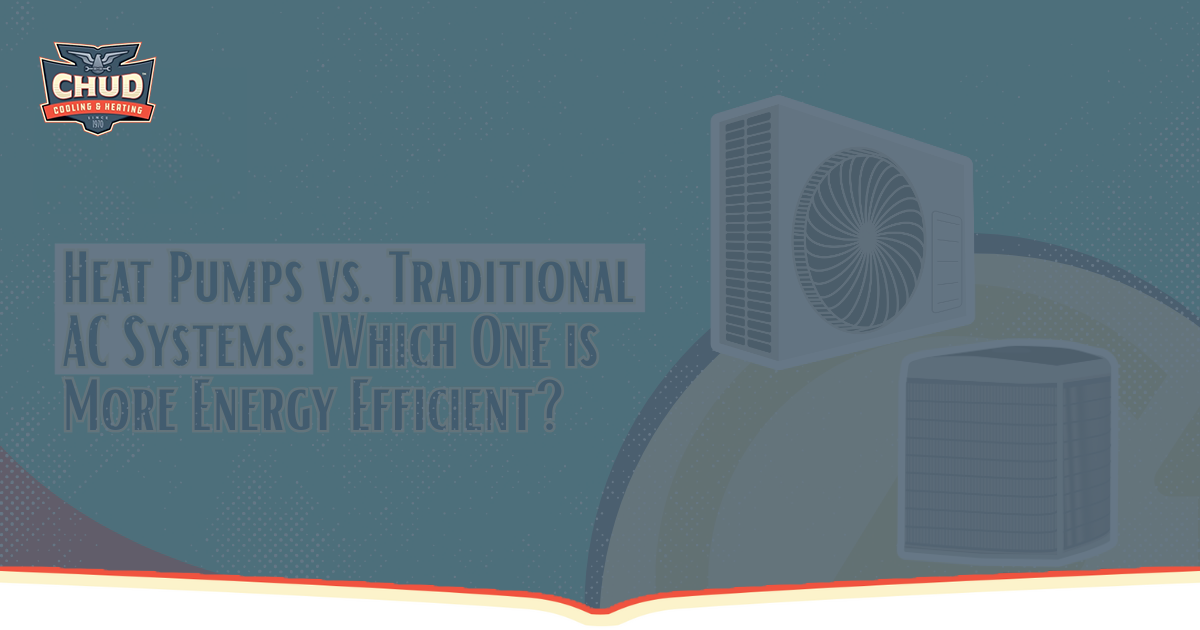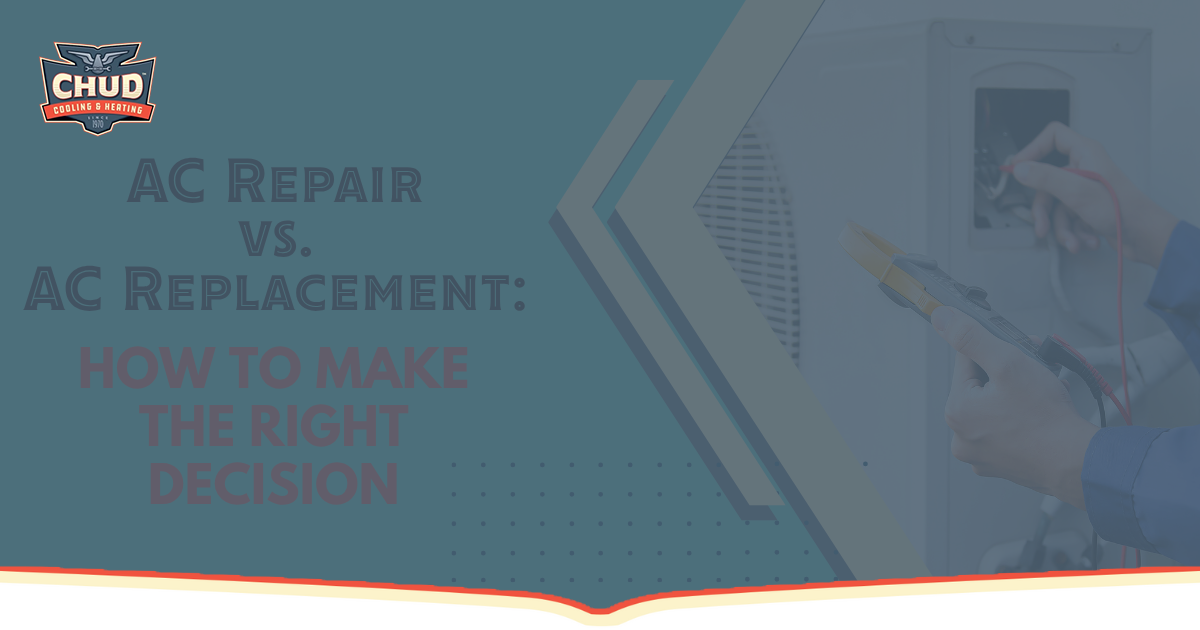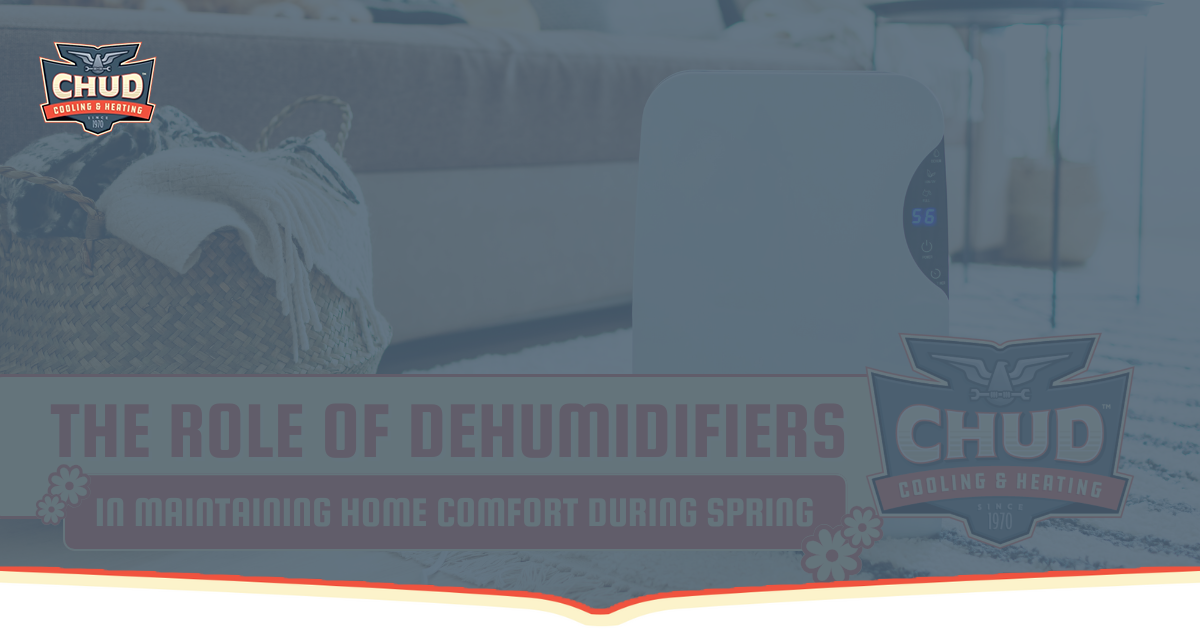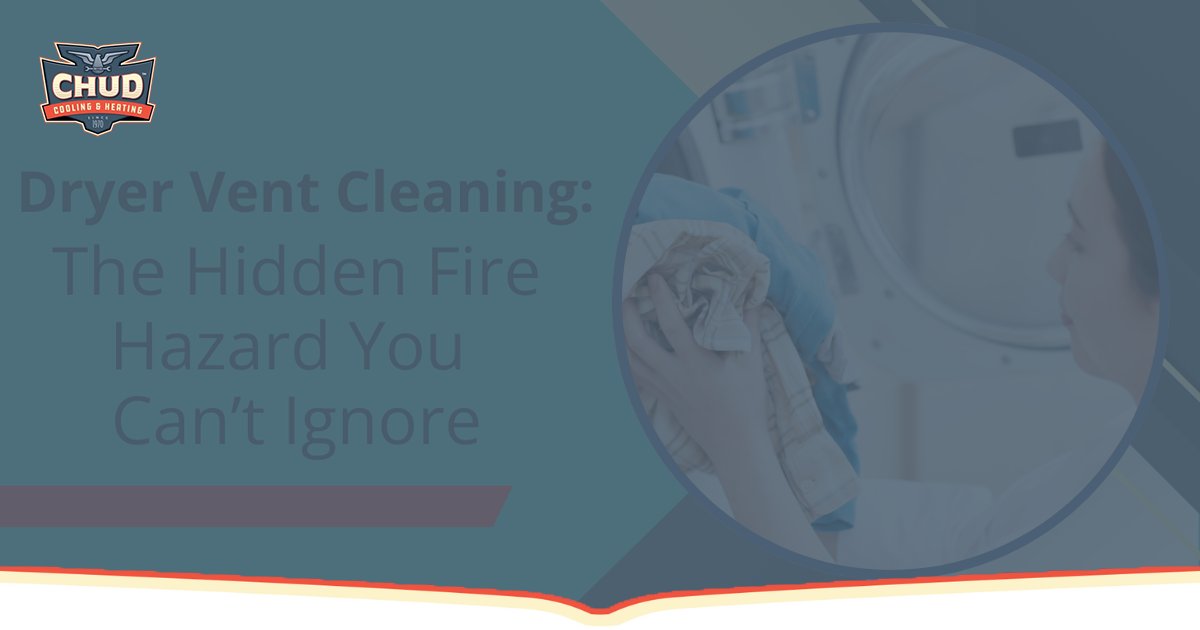Boiler vs. Furnace: Which Heating System Is Right for Your Home?
Every heating system serves the same purpose — keeping your home warm and comfortable. They do so by employing varying technologies. Boilers and furnaces, for instance, represent the difference between steam- or water-based radiant heating vs. forced air. Understanding the unique features of boilers vs. furnaces and how they impact suitability with your home can help you make an informed decision between the two heating systems.
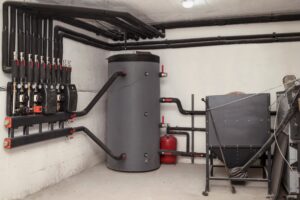
What Is a Boiler?
A boiler heating system uses heated water or steam to warm your home. These systems use gas, oil, or electricity to generate heat to raise the water temperature to boiling or evaporation. The resulting hot water or steam then circulates through radiators, baseboard heaters, or radiant floor systems to distribute heat throughout your home.
While every boiler operates with the same basic principle — heating water or generating steam — there are a few different types:
- Steam boiler: Generates steam that travels through radiators.
- Hot water boiler: Heats and circulates hot water.
- Combination boiler: Provides both space heating and hot water production, eliminating the need for a separate water heater.
- Condensing boiler: Captures and uses heat from exhaust gases to reduce energy waste.
What Is a Furnace?
Furnaces are heating systems that generate heat in a heat exchanger using natural gas, electricity, oil, or propane. The warmed air then travels through a forced air system consisting of a blower fan and ductwork network.
Gas furnaces provide powerful heating and are the most common type. Electric furnaces are relatively efficient but may be less cost-effective for large homes or areas with higher electricity rates.

Boiler vs. Furnace: Key Differences
Compare these functions and features between boilers and furnaces to understand which fits your home best.
Heating Method
Boilers provide radiant heat, which transfers heat to objects and surfaces rather than the air itself. Forced-air furnace systems use convection to heat the air directly.
Heat Distribution
A boiler uses hot water or steam to warm your home via radiators, baseboard heaters, and radiant floors. Furnaces use a blower to distribute air via ductwork and vents.
Fuel Source
Furnaces and boilers may use natural gas, electricity oil, and propane to generate heat. Boilers may also use biomass fuel sources, such as wood pellets.
Installation
Boiler installation is often more complex and costly compared to a furnace system, especially if the home isn’t already equipped with radiators or radiant flooring. Furnaces are typically more straightforward to install in homes with existing ductwork, but modifying or installing new ductwork may significantly increase installation complexity and expense.
Pros and Cons of Boilers vs. Furnaces
The differences between boilers and furnaces result in various advantages and disadvantages that may impact your heating system decisions.
Boiler Pros & Cons
Since they warm surfaces directly, boilers provide consistent and even heating without minimal temperature fluctuations. They also don’t circulate airborne dust or allergens, making them an advantageous choice for households with respiratory concerns. Many models achieve high energy efficiency ratings, and they operate quietly without a blower.
Because they require piping or radiators to distribute heat, boilers may have higher upfront costs. They may also take more time than furnaces to heat spaces from cold starting temperatures. Homeowner upkeep for boilers is less involved than for furnaces, but neglecting professional maintenance can lead to leaks, water damage, and costly repairs.
Furnace Pros & Cons
For homes with existing ductwork, furnaces are generally affordable to install and can integrate with existing central HVAC systems. These systems provide rapid heating and, with proper airflow and maintenance, can help regulate humidity and filter some airborne contaminants.
With poor maintenance, however, furnace systems may spread dust and allergens and dry out indoor air. Since they heat air instead of surfaces, furnaces lacking proper maintenance or sizing are also more likely to create hot and cold spots in your home. Heating cycle noise doesn’t typically exceed normal conversation levels, but some households may find it disruptive compared to boilers.
Which Heating System Is Best for Your Home?
Boilers and furnaces offer comparable performance for efficiency, longevity, and ongoing costs, but their differing features may impact their effectiveness in your home. Choosing between a boiler and furnace for your home depends on several important factors.
Existing Infrastructure
If your home already has a ductwork system in good condition, installing a furnace can be straightforward and cost-effective. Homes with existing radiators, baseboard heating, or plumbing for radiant floor systems likewise suit a boiler setup.
Budget
Balance the upfront installation costs with long-term performance and efficiency. Furnace installations have lower upfront expenses with ductwork already in place. Boilers and their equipment may cost significantly more.
Climate
Match the heating system’s performance to your regional weather — boilers often excel in severely cold climates, while furnaces can be more effective in moderate areas.
Layout and Size
Boilers can provide consistent warmth across homes with high square footage, multiple levels, and complex layouts. Furnaces are also capable of heating large homes but require a well-designed ductwork system to maintain consistent temperatures.
Cooling System Integration
Furnaces are often part of a central HVAC system that integrates both heating and cooling, which offers both cost and space efficiency. Boilers are only designed for heating and don’t integrate with cooling systems, so you may still need ductwork to support a central AC.
Energy Efficiency: Boiler vs. Furnace
Heating system energy efficiency is measured by annual fuel utilization efficiency (AFUE) ratings, which measure the percentage of fuel converted into heat. Boilers, especially those that use condensing technology, typically achieve higher AFUE ratings due to their ability to retain heat longer and avoid energy loss.
High-efficiency furnaces also use condensing technology, variable-speed blowers, and multi-stage power settings to achieve high AFUE ratings. Ductwork also impacts furnace efficiency, however, and leaks or poor sealing can result in significant heat and energy loss.
Contact Chud Cooling & Heating for Expert Heating Installation
Heating systems are complex, which is why Chud Cooling and Heating provides expert recommendations tailored to your home’s precise heating needs. Contact us today for guidance on selecting, installing, and maintaining the right heating system for your home.
Request Service
Please fill out the form below to request an estimate or schedule service.
"*" indicates required fields
Check Out Our 5-Star Reviews!
-
“I had a great experience with Chud. Lewis and Sebastian did a fantastic job. They were communicative and on time, explained everything that they would be doing to clean my HVAC ductwork, answered all of my questions, were honest about not being able to properly clean my dryer vent, and cleaned up after they were done. They also went above and beyond, even cleaning dust from each slat of the return vent. Highly recommend.”
– Jay C. -
“We have been a customer of Chud Air Conditioning, Heating & Duct Cleaning for many years and have always had a very satisfying experience. The technicians have been very responsive during emergencies, are informative, and professional. Shane was our recent service technician who replaced our water heater. Shane was excellent, very thorough, friendly, and dependable. I would not hesitate to use them again and don’t forget to ask for Shane!”
– Michael M. -
“We rely on Chud Duct Cleaning to perform our regular duct cleaning in our home. Your service technicians Lewis and Sebastian arrived promptly, introduced themselves and got right to work. Our home has many vents behind and under furniture, which was moved and replaced as if nothing ever happened. My home was carefully prepared and respected throughout the entire process. An access panel was replaced for a more pleasant look and better access in the future. I will not hesitate to use this company for service again.”
– Catherine C. -
“They came to service my heater and clean my ducts. They were super respectful of my property, thourough with their work, and carefully explained everything to me. My system is falling into disrepair. I could clearly see the rust and hear the problems they found. They recommended a variety of possible solutions from temporary furnace repairs to a new HVAC system. No pressure. I have a lot to think about, but it is good to know I have found someone I can trust to do the job.”
– Phyllis W. -
“Lewis and Sebastian were professional, knowledgeable and polite, and worked diligently over the course of two days to clean and sanitize the immense ductwork system at this location. They took the time to explain the process in detail, and were extremely aware of the need to treat a customer’s home as if it were their own. This was my second experience with Chud, and I won’t hesitate to call them again in the future.”
– BC. -
“Had a new heater and ac installed. Very pleased with entire process, from troubleshooting the old system to choosing the new to installation. Rich had patience with all my questions about the new system and helped me to understand the differences I should expect with the new. Matt and John did an outstanding job pulling out the old and installing the new. They got there on time and got right to work. Very professional technicians. Overall, a top notch job at a fair price. I highly recommend Chud.”
– Phil W.

